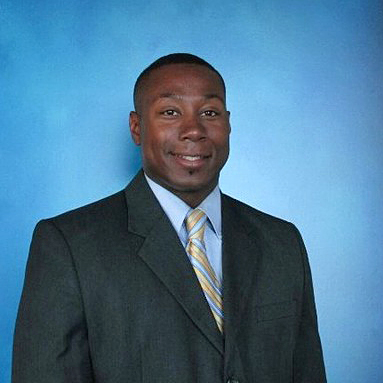
About Us
Bo Curry has over 20 years in the planning, design, and construction management of civil and structural engineering projects. Currently he is the owner of The Curry Group, a civil and structural engineering firm in Marietta, GA. Bo holds Certifications in Geographic Information Systems Professional, and Construction Institute Professional. Bo attended the University of Mississippi before joining the U.S. Naval Construction Combat Battalion as a Naval Seabee.



Professional Affiliations
ASCE / AWWA / GAWP
Structural Engineering
His areas of significant experience and expertise include: Structural engineering of residential and commercial buildings, bridges, especially in heavy snow areas and high seismic areas including traditional timber frame (post & beam) structures. Additional structural areas of expertise include design with conventional stud wall buildings, structural insulated panels (SIPSs), insulated concrete forms (ICF) using CEMPO, RASTRA, CONFORM and NUDURA systems and forensic engineering for structural failures. Current projects include conventional buildings. He has worked with many different agencies including building departments from in many jurisdictions in California, Texas, Florida, Georgia, Tennessee, and Nevada. Bo has engineered projects in high seismic zones such as Lyon County, NV; City of Vista, CA; Ventura County, CA, Mono County, CA; Mendocino County, CA; Sonoma County, CA; and Monterey County, CA; Seattle, WA; and Charleston, SC.
Civil Engineering
Civil engineering areas of significant expertise and experience include: commercial and residential subdivisions; commercial and residential site engineering; roadway design including mountain roads, streets, highways, major arterial streets and freeways; hydrology, water sewer and storm drainage design; bike trail recreation projects, piers, and construction management and inspection. He also has experience with processing of projects through agencies on the Federal Level with DOT, DOE, Army Corp of Engineers, and FAA. He has worked with several of utility districts within Water and Wastewater Organizations.
Bo designs his projects electronically using the following software: AUTOCAD, AUTODESK LAND DEVELOPMENT PACKAGE (civil and survey design), HEC2 (hydraulic flood plain analysis), ENERCALC (structural engineering), VISUAL ANALYSIS (frame & truss analysis) and SIERRA STRUCTURAL (a custom structural design program).






Construction Project Controls
Project controls are essential to keep complex construction projects on budget and on time. They help teams and stakeholders identify emerging risks early, before they become expensive, time-consuming problems. With advance warning, these issues can be mitigated or avoided altogether. Project controls also give leadership the data they need to set realistic expectations, manage subcontractors, and plan with confidence.
During-the-course of a project, program and project managers use controls to monitor time and cost expenditures and compare them to project lifecycle forecasts. They also rely on them to coordinate onsite execution with the milestones established during the design, procurement, entitlement, and pre-construction stages.
The benefits of project controls are many. When they are put in place and used appropriately, they contribute to increased efficiency, decrease in delays and cost overruns, and fewer claims and costly litigation.
The Curry Group approach of Construction Project Controls generally consists of
1 - PLANING
Development of performance (cost, schedule, productivity, etc.) baselines
2 - MEASUREMENT
Quantifying, forecasting, and tracking of project performance metrics
3 - COMPARISON
Identifying and quantifying variances between the plan and periodic project performance
4 - RECOMMENDATIONS
Determining appropriate corrective or improvement actions (if necessary)
OUR PROJECT TYPES
Projects Completed by Certified Professional Engineers
Structural Project Types
- Structural engineering for new construction and addition projects for residential and light commercial buildings. Structural projects include numerous timber frame, log, Insulated Concrete Form (ICF), straw bale and advanced framing-staggered stud wall structures. Log structures include handcrafted and milled log buildings. Structural designs include SIPs, steel frames, concrete, ICF concrete and concrete block.
- Forensic engineering investigations and reports for insurance companies and owners for structural failures and distress including snow and ice damage, frost heave, water damage and foundation settlement, inadequate construction. Projects include conventional and log structures.
- Structural engineering and structural retrofits for residences and buildings damaged by vertical, lateral snow forces or by inadequate construction.
- Retrofit engineering for projects requiring both minor and major structural repair.
Civil Project Types
- Improvement plans for roadways, subdivisions, parcel maps and commercial sites.
- Grading, drainage, road and site plans for difficult and large residential lots.
- Water, Sewer, and storm drain utility design.
- Hydrologic analysis and stream channel stabilization design
